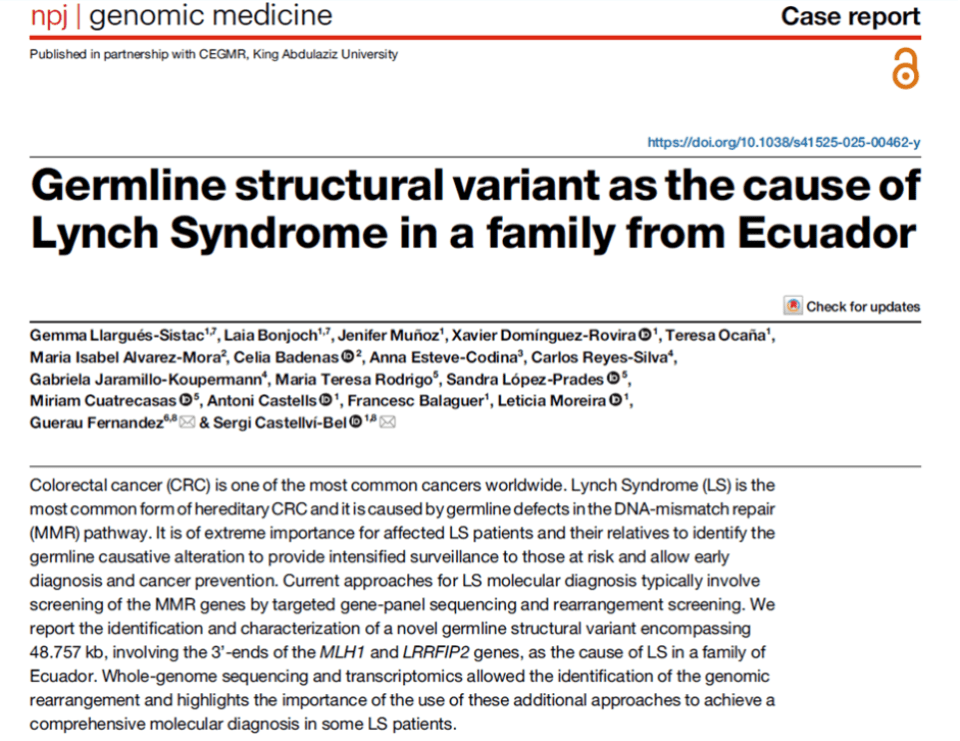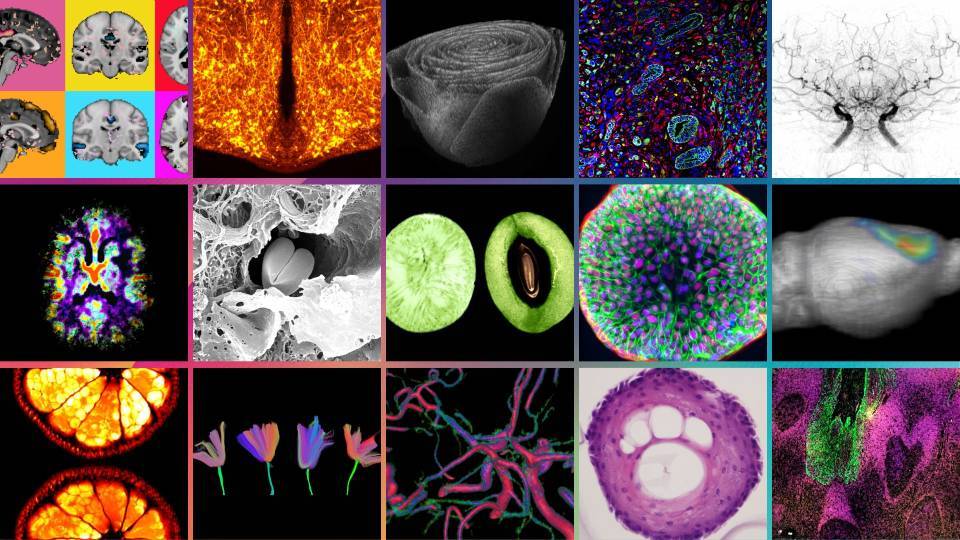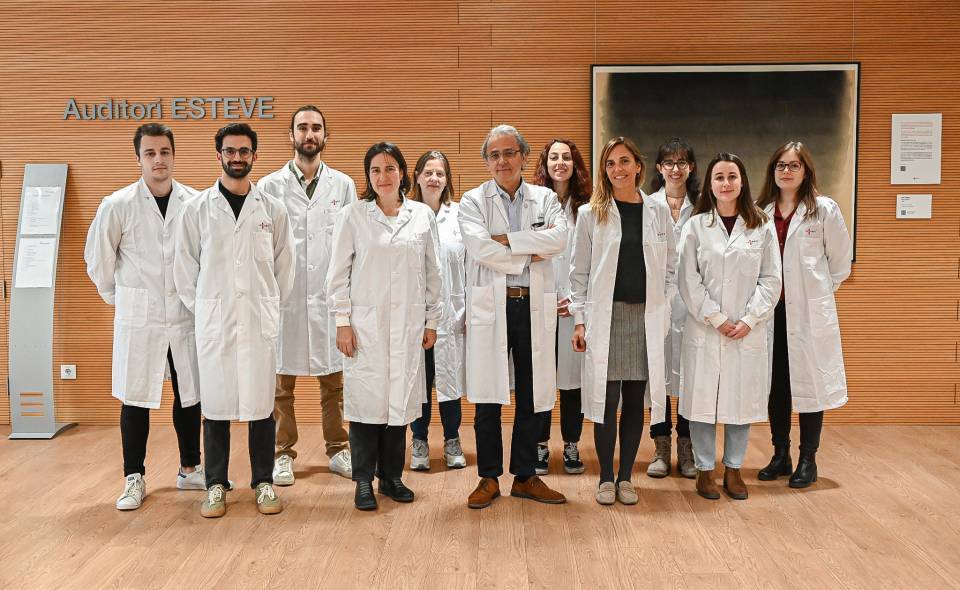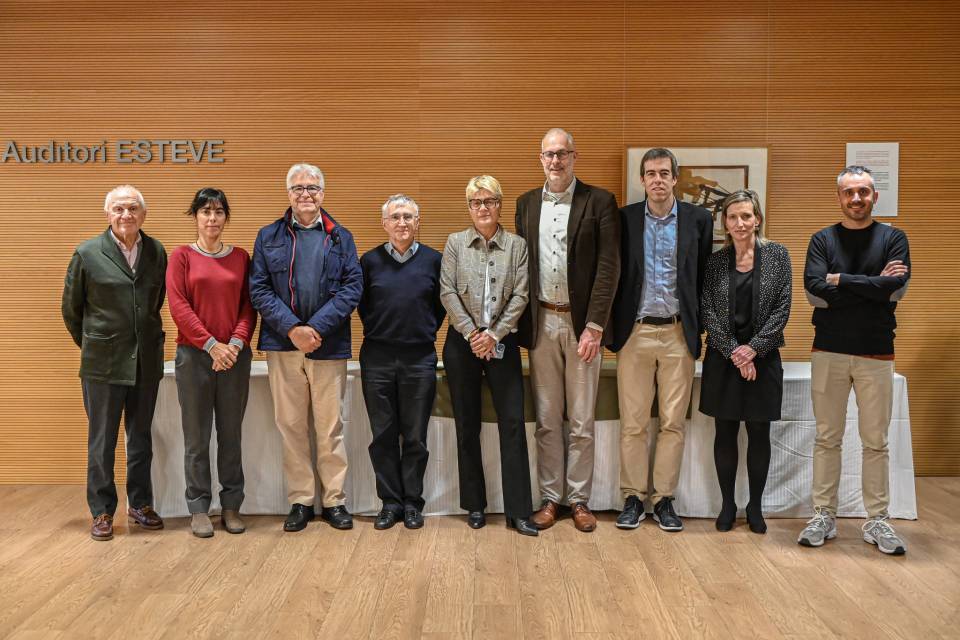December 2024 – February 2025
After responding to the reviewers' comments, we finally published in the journal npj Genomic Medicine the scientific article where we explained the case of the complex rearrangement of MLH1 and its adjacent gene, LRRFIP2. The publication is available at https://www.nature.com/articles/s41525-025-00462-y
Regarding recent advances in research, the characterization of the microbiome of the 43 early-onset colorectal cancer (CRC) patients in our study, comparing their data with those of 20 late-onset CRC patients, is nearing completion. We will soon have the final conclusions. We hope to identify the presence of some bacteria in a differential manner in the young CRC cohort.
Regarding the study of the metabolome, where the results of the 43 early-onset CRC patients in our study have been compared with 43 controls with negative colonoscopy, we have detected sets of metabolites enriched in the young CRC cohort, and we continue to advance in the conclusions and the writing of the corresponding article.
Regarding the study of the genome sequencing and RNA-seq data, in addition to the detection of the complex rearrangement mentioned above, we compile for each patient/family a list of candidate genetic variants that are being evaluated taking into account their clinical characteristics and their tumor phenotype. In some cases, segregation of these variants is being performed in an additional member of the family.
We have also been preparing the abstracts to attend this year's congress of the European Society of Human Genetics (ESHG). We are going to take advantage of the fact that we are reaching the end of the AECC project to present the results at one of the most important conferences in the field. It will be a good opportunity to be able to show the most significant findings of the project, sharing them with great experts in the field. The opportunity to be able to present the results at a congress like this is of great importance when it comes to clarifying doubts or meeting other scientists who work in the field of CRC.
Finally, we have begun preparations for the Final Meeting of the project where the final conclusions of the different scientific areas of the project will be presented, which include the analysis of the germline and somatic genome sequencing, the transcriptome, the microbiome, the metabolome and the integration of all the data together. At this half-day meeting (14/05/2025), the different collaborators of the project and experts in the field will be present, and a representative of the AECC has been invited to attend as well.




